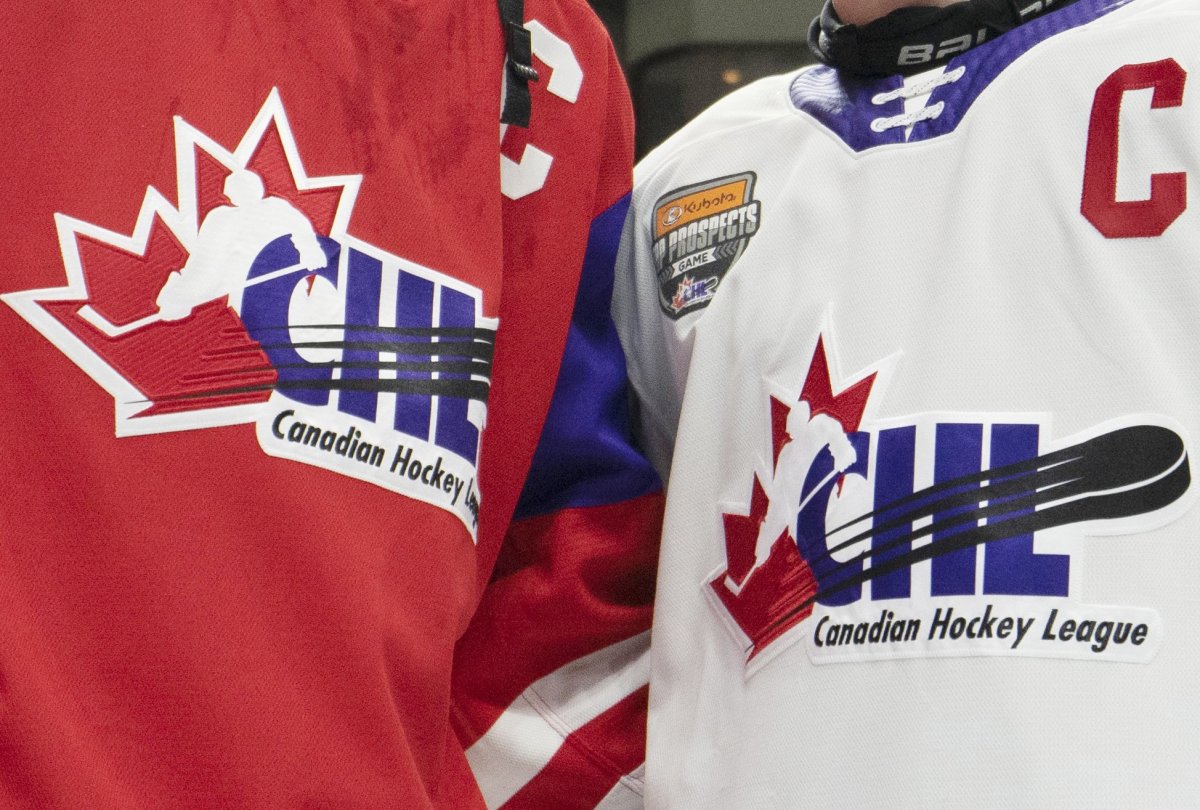A class-action lawsuit against the Canadian Hockey League was officially settled Friday, bringing an end to a six-year legal battle over the status of WHL, OHL and QMJHL players.
The lawsuit questioned whether the players are student athletes or employees that should be paid minimum wage.
Lawyers representing former players argued that athletes have been paid less than the minimum wage — as little as $35 per week for between 40 to 65 hours of work. The lawsuit was originally seeking $180 million in back wages, overtime and vacation pay.
On the flip side, the WHL argued that its players are “amateur student athletes” and it can’t afford to pay them minimum wage on top of benefits they receive, including equipment and post-secondary scholarships.
The CHL will pay out $30 million by Oct. 20, 2020, according to the settlement agreement. Going forward, clubs have no legal obligation to treat players as employees under provincial employment standards acts. The CHL maintains it never required that.
“We launched these class actions to fight for the rights of the players and to make a positive change, and we’re proud of what these lawsuits and this settlement have achieved,” initial plaintiffs and former CHL players Sam Berg and Lukas Walter said in a news release.
“While we can’t do anything about the legislative amendments exempting players from employment standards legislation across the country, this settlement will put millions of dollars into the pockets of the hardworking players and will make a real difference in their lives.”
By 2016, nearly 400 players had registered to join the lawsuit, including 119 WHL players, though not all will be eligible for a payout.
Alberta-born plaintiffs and former WHL players Travis McEvoy and Kyle O’Connor will each receive $10,000.
Since the lawsuit was filed in 2014, Canadian provinces, most recently Alberta, changed employment standards to define CHL athletes as amateur athletes rather than employees.
Late last year, the UCP amended the Ensuring Fiscal Sustainability Act, ensuring the province’s five WHL teams would not legally have to pay their players.
Those changes prevent future lawsuits from players who suited up after 2019.
The mediation and settlement took place before COVID-19 lockdowns.
Because of the pandemic and the cancellation of the 2020 Memorial Cup, which was scheduled to take place next week in Kelowna, the payment deadline has been extended to Oct. 20, 2020.
But the CHL’s legal troubles may not be over yet.
In January 2019, a former Kelowna Rockets captain filed a civil claim in B.C. Supreme Court alleging the CHL, WHL and Hockey Canada didn’t do enough to protect him from head trauma.
Those allegations have not been proven in court.
